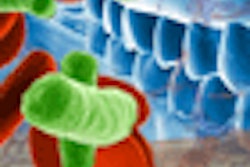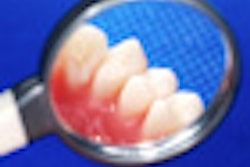A researcher at the Australian Institute for Bioengineering and Nanotechnology has received a $20,000 fellowship to travel overseas to develop strategic alliances with leaders in the field of salivary diagnostics.
Chamindie Punyadeera, PhD, who teaches undergraduate courses in diagnostics and biologics at the University of Queensland School of Chemical Engineering, is working to replace blood tests with quicker and easier saliva tests for early disease diagnosis.
She said the fellowship would allow her to broaden the diagnostic applications of saliva from heart disease to also include cancers -- particularly head, neck, and oral cancers.
"Human saliva is an ideal diagnostic medium for investigating smoking-related cancers as the direct impact of nicotine is seen within the oral cavity," she stated in a university press release. "Tumors within the oral cavity shed DNA and cellular materials into saliva. Even tiny tumors hidden within the oral cavity will shed these materials into saliva."
Punyadeera's research so far has involved looking for DNA in a person's saliva to see if it contained markers that pointed to potentially cancerous cells.
The fellowship will allow her to develop alliances with several institutes where salivary diagnostic research is taking place, including John Hopkins Hospital, Albert Einstein College of Medicine and Cold Spring Harbor Laboratory in New York, the University of California in Los Angeles, and Philips Electronics.



















